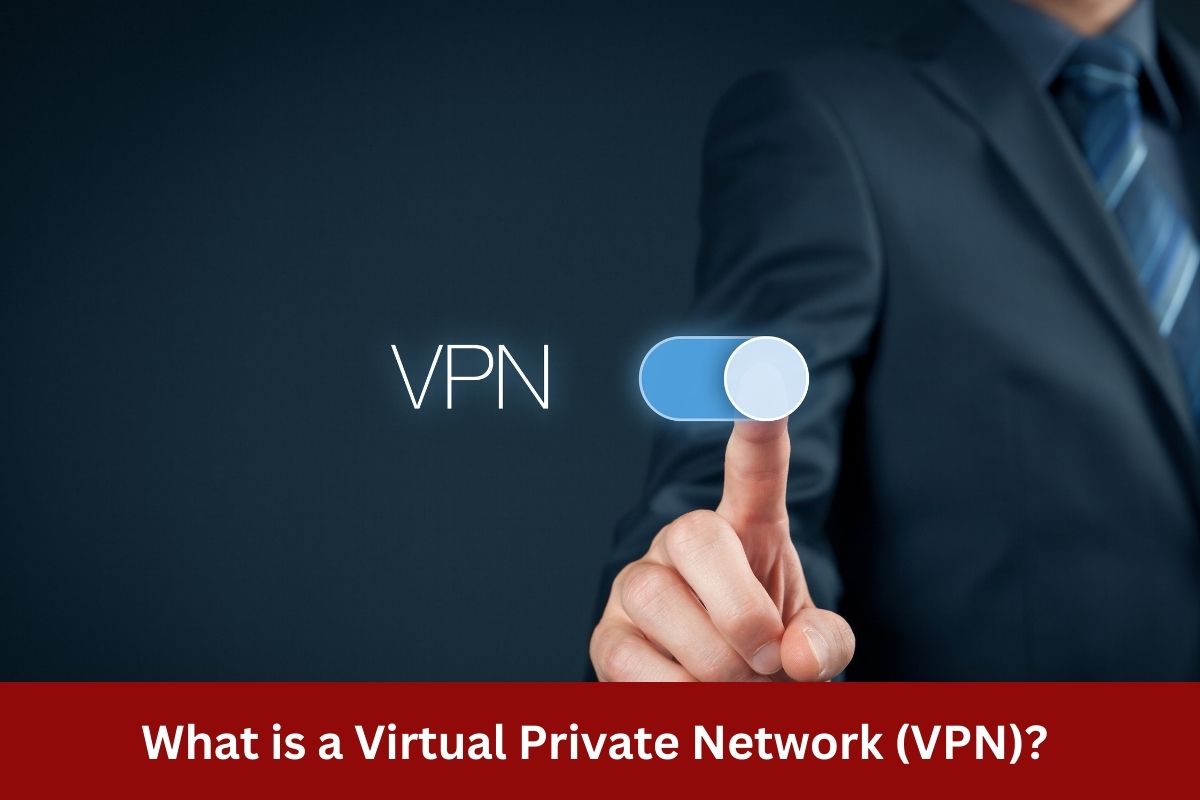In recent years, tracking your online activity has become easier. Internet service providers (ISPs) can access your browsing activity, and cybercriminals cannot easily steal sensitive information. So how do you maintain your privacy from all this? One possibility is something called a virtual private network, or VPN.
A VPN provides a more secure way to connect to the Internet, protecting your browsing activity from being tracked by the parties above. Unlike a standard Internet connection, your ISP and hackers won’t be able to see your browsing activity.
How VPN works?
With a normal Internet connection, you connect through your ISP, allowing you to visit any website. All your activity goes through your ISP’s servers; they can see everything you’re doing.
A VPN works a little differently. Instead of connecting to the Internet using your ISP’s server, it uses a server in another country. Your browsing activity through this connection is encrypted, meaning it is completely secure and protected from snooping. Only you and the VPN service can see it.
Unfortunately, using a VPN will slow down your internet speed. This is because encryption is time-consuming, and your data must travel longer than usual.
If you’re using a VPN on a mobile device, it will only protect your activity in your browser. Any app activity or GPS data will still be reported to the apps’ servers.
Why use a VPN?
You want to use a VPN mainly to maintain your privacy and increase your security. While using one, your ISP won’t be able to see your data or know what websites you’re visiting. It will only see that you are connected to the VPN server.
Another big advantage is that VPNs provide more security than public Wi-Fi hotspots. Most of these public connections are unencrypted, making it easy for hackers to spy on your activity and steal your login credentials or other sensitive information. However, if you’re using a VPN, they won’t be able to see it because you’ll be using an encrypted connection.
In addition to individual use, many businesses use VPNs. They allow them to protect sensitive data such as client information, financial records, etc.
How to Choose a VPN Service?
There are a lot of VPN services out there, and setting them all up can be difficult. As a starting point, there are many helpful guides out there that list the best services available. Some of the more popular VPNs include IPVanish, NordVPN, and Buffered.
When trying to decide which service is best for you, here are a few factors you may want to consider:
Pricing: While free VPN services are available, we recommend using a paid service. The free version will likely have slower speeds, more limited functions, and ads. Some services charge a monthly or annual fee, while others offer a single lifetime fee.
Speed: Available internet speeds will vary from service to service.
Data usage: Like phone plans, some VPN services only allow you to use a certain amount of data within a certain period of time.
Logging policies: While your ISP won’t have access to your data, your VPN service will. Some paid versions and many free versions may log your data. If this bothers you, you may want to find a VPN that doesn’t log your activity.
Simultaneous Connections: Some VPN services may only allow you to have one device connected to their servers at a time. If you use a VPN for multiple devices, you’ll want to find a service that offers simultaneous connections.
User Reviews: One of the best ways to determine if a service is reliable and trustworthy is to do your own research and see if it has been well reviewed.
Mobile Capabilities: If you want to use a VPN with your mobile device, you’ll want to ensure it offers a mobile app. Most services offer desktop and mobile versions, but double-checking is always good.
You want to use a VPN mainly to maintain your privacy and increase your security. While using one, your ISP won’t be able to see your data or know what websites you’re visiting. It will only see that you are connected to the VPN server.
Another big advantage is that VPNs provide more security than public Wi-Fi hotspots. Most of these public connections are unencrypted, making it easy for hackers to spy on your activity and steal your login credentials or other sensitive information. However, if you’re using a VPN, they won’t be able to see it because you’ll be using an encrypted connection.
